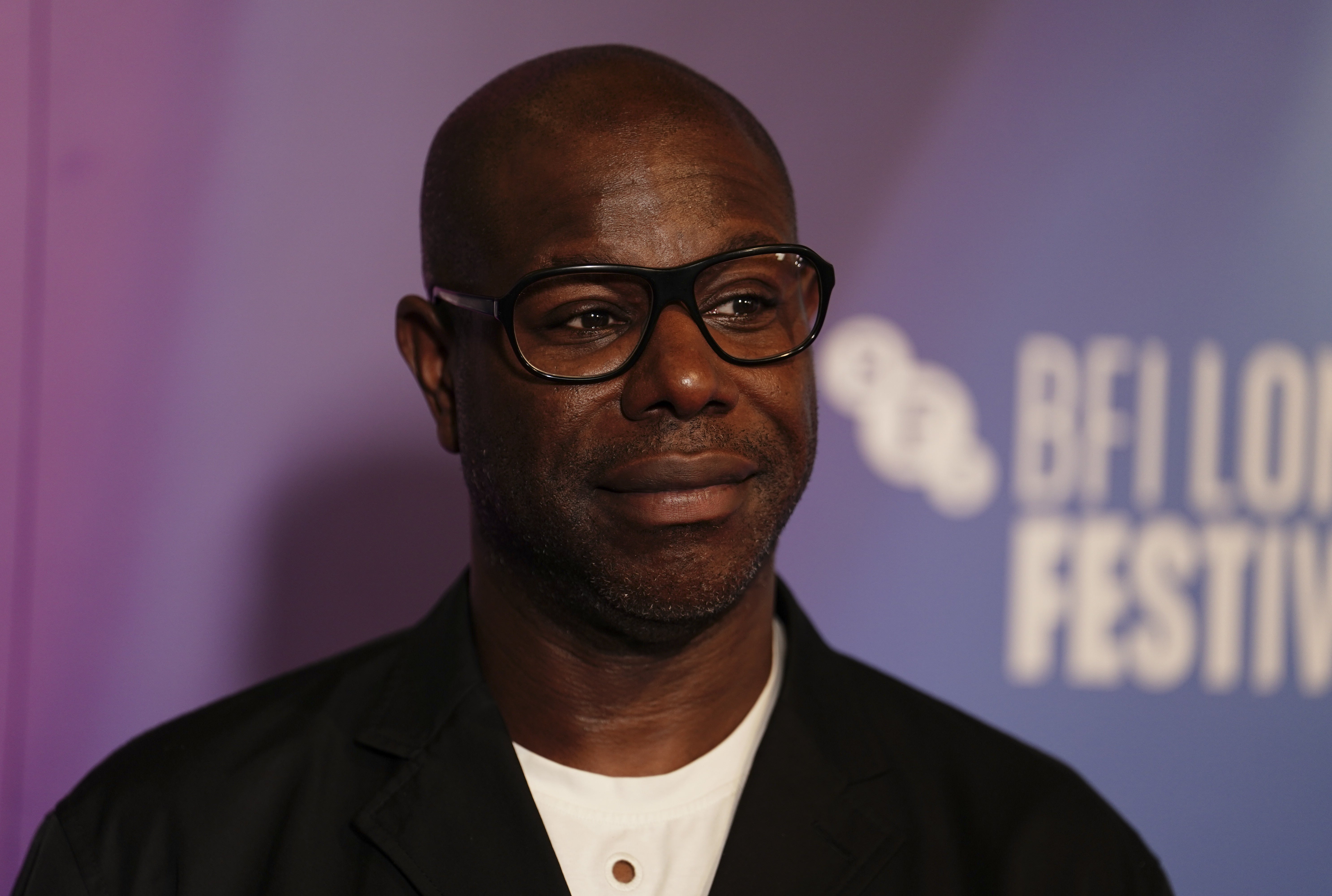Steve McQueen has voiced concern that the creative industries are undervalued in the UK.
The acclaimed director, 55, is known for his award-winning films Hunger, Shame and 12 Years a Slave, and won the Turner Prize in 1999 for his black and white silent movie homage to Buster Keaton.
McQueen, who recently announced a new nation-wide exhibition dedicated to the Grenfell tragedy, claimed Britain has the best artists “in the world” but they are not appreciated by those in power.
Speaking to The Telegraph, McQueen said: “Art has brought billions of pounds to this country, it’s one of the few things we’re actually good at.
“Not just art but design, and film – Hollywood is the UK, almost all the bloody films are made over here,” he continued.
“We have the best people in the world. I think the [powers that be] are coming to understand that, but they don’t understand that the seeds of talent have to happen somewhere, and it doesn’t necessarily have to happen in privileged people’s homes.”
Back in December, Keir Starmer delivered a speech detailing Labour’s “plan for change” that included a reference to Buckinghamshire’s Pinewood Studios expansion, which was approved in February 2023.

The prime minister called the complex, where almost all James Bond and Marvel projects are filmed, the “spiritual home” of Britain’s film industry and a “beacon to the world of British creative brilliance”.
Pinewood will soon become the biggest studio in the world, with the expansion predicted to create 8,000 new jobs and inject £640m a year into the UK economy.
Projects that have recently filmed at the studios include new Star Wars, Spider-Man and Fantastic Four films, as well as Judy, a black comedy starring Tom Cruise.
Although the UK is currently considered the number one place to make films by numerous major studios, working class representation in the industry has plummeted to the lowest level in a decade.

Only eight per cent of creatives in the film and TV industries identified as being from a working class background, while over 60 per cent of those working in the same sector were middle or upper class, the highest level in 10 years.
According to the research conducted by the Creative Industries Policy and Evidence Centre at the University of Sheffield, the vast majority of people working in the field are from middle or upper class backgrounds.
“There is a sense sometimes that I feel like I don’t belong in certain events and certain people I’ve met who I do feel sometimes judged by,” Sam Oddie, a filmmaker told Channel 4 News.

Elsewhere in his interview with The Telegraph, McQueen, who grew up in Ealing, West London, said he found success through a combination of seizing opportunity and unshakeable self-confidence.
“I think my childhood resistance came because I had to believe in myself. I thought I was amazing,” he said.
“I had to! No one else was going to. I don’t know where this belief came from, maybe my mum, but there was a real drive, a tenacity.”







